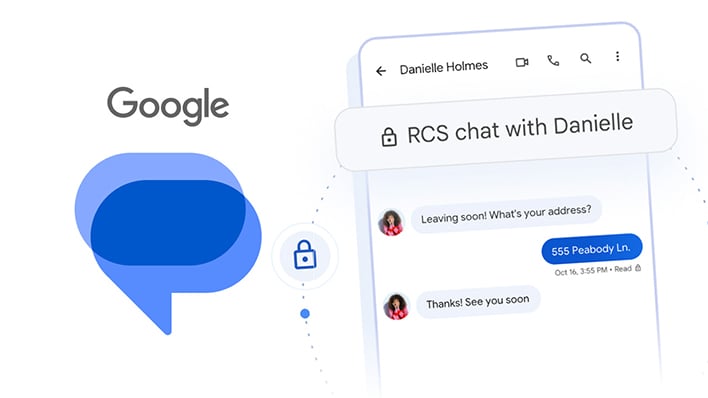Google Messages Is Rolling Out Stronger Spam Protection For A Billion Users
One of the most common attack methods users face are malicious links in messages. A popular method deployed by threat actors utilizes messages regarding packages to lure potential victims. To prevent users from falling into these scams, Messages will now have enhanced scam detection that will automatically move suspicious messages to a spam folder and warn a user about them. Additionally, users will receive alerts about suspicious links and have those links automatically blocked when a message originates from a suspicious sender.

Another avenue for potentially malicious activity is when messages originate from an international phone number. Google will be providing an option that allows users to automatically hide messages from international numbers that aren’t present in their contact list. These messages will be placed in the “Spam & Blocked” folder for anyone who might want to look them over.
Impersonation is another popular method threat actors employ to try and trick victims. To reduce the possibility of this occurring, Google is working on a method to provide contact verification. This new feature “will allow you to verify your contacts' public keys so you can confirm you’re communicating with the person you intend to message.” The company plans to launch this sometime next year for Android 9+ devices.
It's encouraging to see Google releasing these security features now, since attacking mobile devices through messaging services has become so common. Especially since phones are often the primary computing device for most people and contain a lot of sensitive information.

